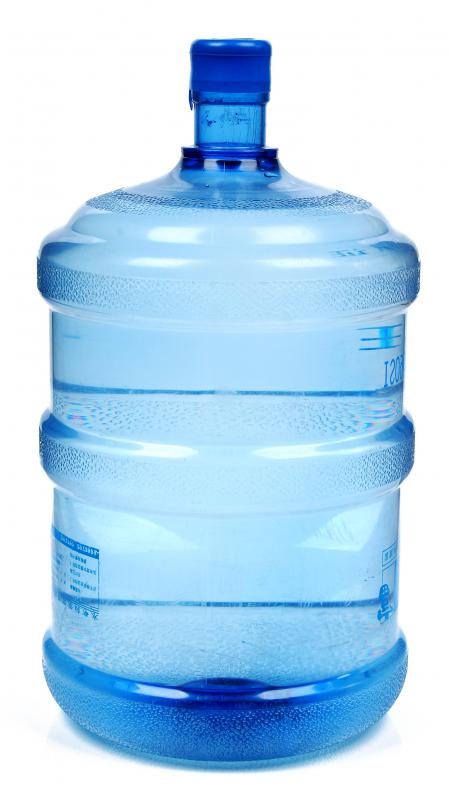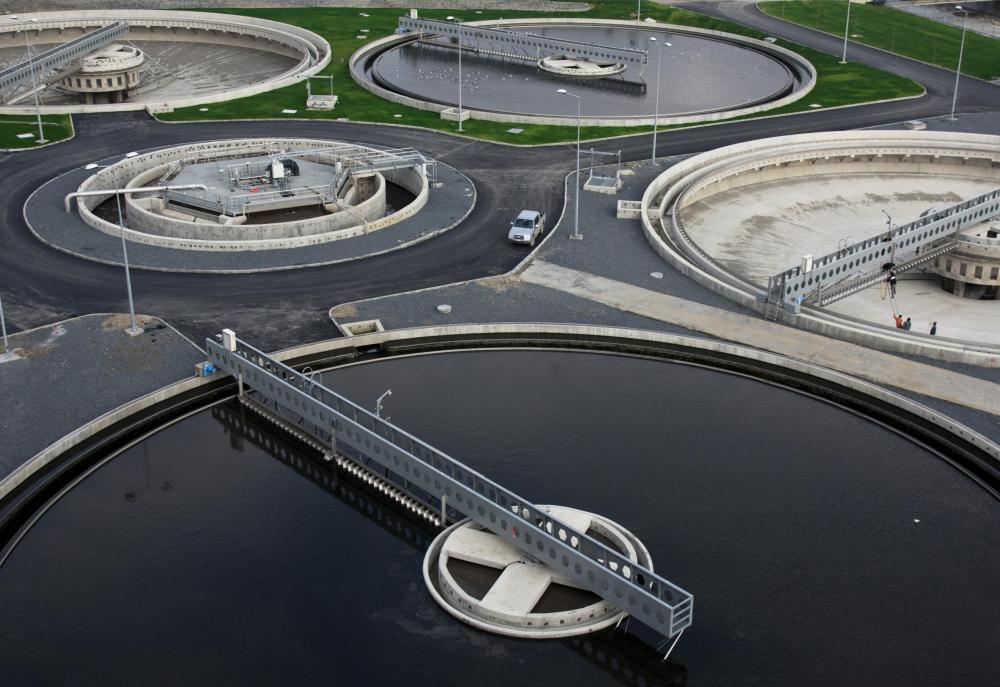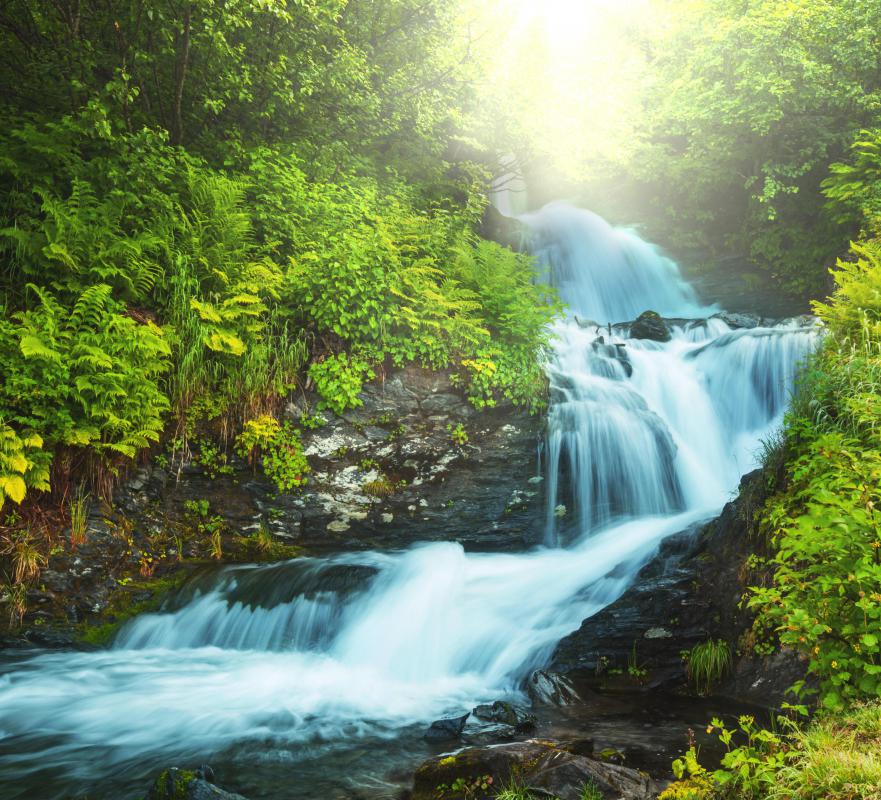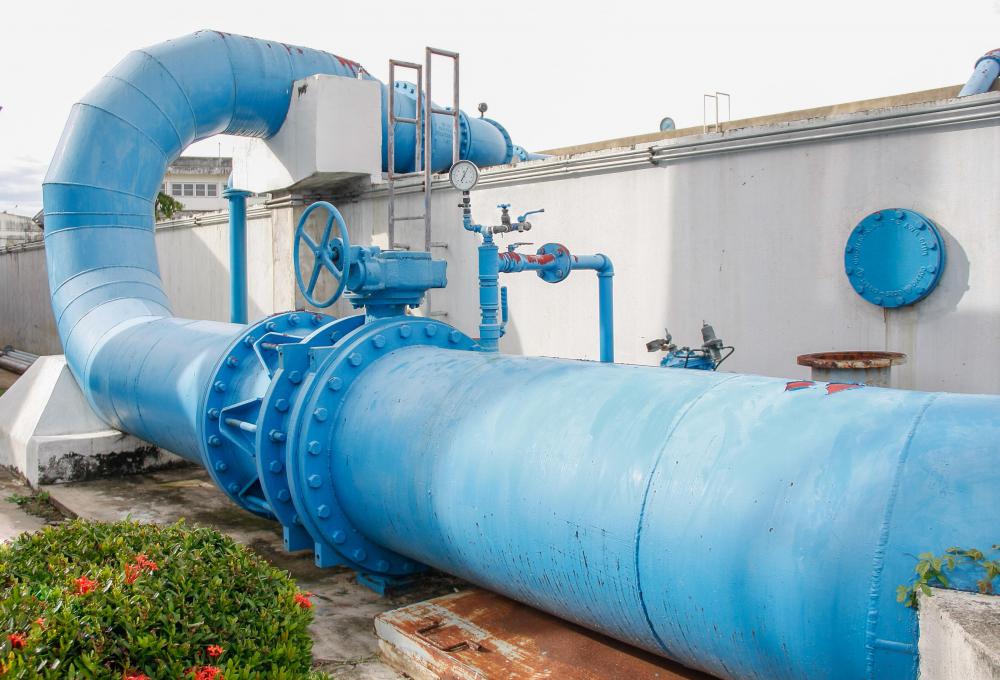At PracticalAdultInsights, we're committed to delivering accurate, trustworthy information. Our expert-authored content is rigorously fact-checked and sourced from credible authorities. Discover how we uphold the highest standards in providing you with reliable knowledge.
What does a Water Resources Engineer do?
A water resources engineer develops new equipment and processing systems to purify water so it is safe for drinking, plumbing, and recreational use. He or she also conducts field and laboratory research to determine contamination levels in natural springs, underground wells, and wastewater treatment facilities. Professionals in the field need to be very familiar with environmental health and public policy measures as well as chemical and mechanical engineering principles. Most water resources engineers work for treatment plants, but some are employed by government regulatory agencies and nonprofit conservation groups.
Ensuring that water resources are safe for public use can be a complicated process. A water resources engineer helps design and build artificial reservoirs and treatment tanks that remove harmful particulates. A system may involve both mechanical separation equipment, such as skimmers, and chemical treatments to purify the water supply. An engineer draws blueprints and proposes his or her ideas to facility managers. When a new system or an improvement to an existing one is approved, the engineer usually oversees the construction process.

A water resource engineer and his or her assistants also test samples to make sure they are clean. They collect soil and water from tanks and reservoirs and bring them back to a laboratory. Samples are screened for parasites, bacteria, and chemical pollutants. If contamination levels are above acceptable standards, the engineer tries to determine how to remedy the problem. He or she may make the decision to shut down a facility for cleanup efforts or arrange for new purifying equipment to be installed.

Many water resources engineers become involved in public policy and conservation efforts. An experienced water resources engineer may join a government environmental protection organization or a regulatory committee. Government workers visit different treatment sites and city water supplies in a given region to inspect equipment and make sure facilities are up to code. If violations are discovered, the engineer can issue fines and explain how to fix problems. Other engineers join nonprofit groups where they educate the public about water conservation and encourage people to get involved to protect natural resources in their communities.

A person who wants to become a water resources engineer can pursue a bachelor's degree in mechanical, civil, or chemical engineering. A student can also benefit from courses in environmental science, biology, ecology, and hydrology. After earning a degree, a prospective engineer can apply for entry-level jobs and internships at municipal water treatment facilities. New employees typically work under the supervision of established engineers for several months or years to gain firsthand experience. With time and success, a water resources engineer can begin leading projects and conducting original research to enhance current techniques.
AS FEATURED ON:
AS FEATURED ON:

















Discuss this Article
Post your comments